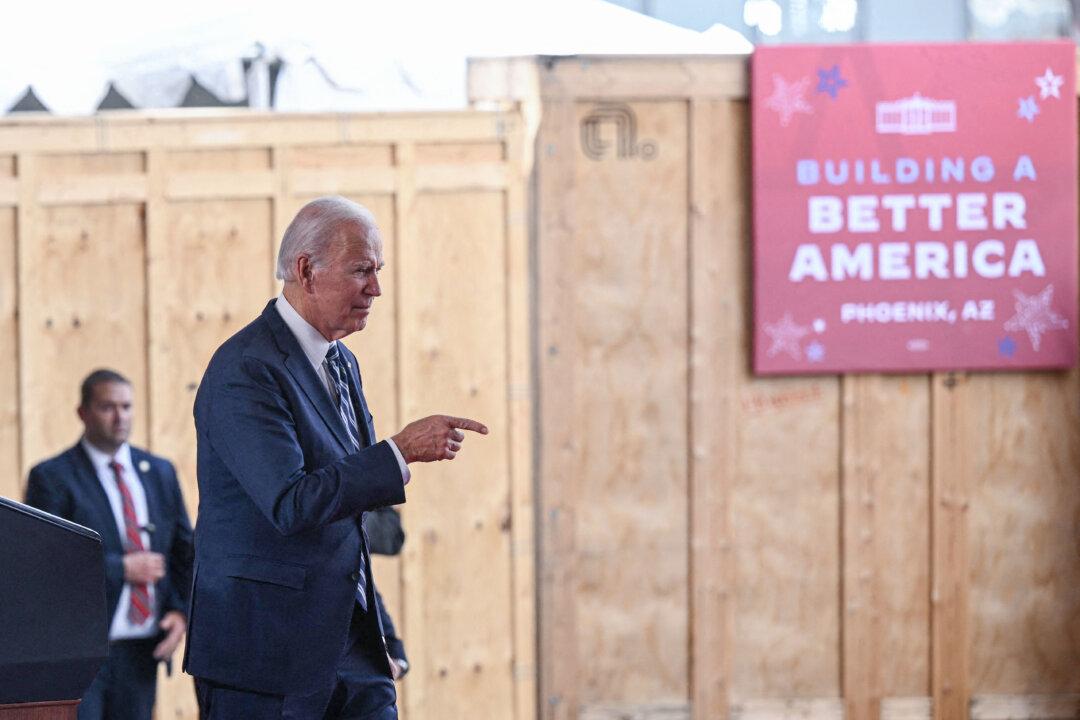The Biden administration announced on April 8 that Taiwan Semiconductor Manufacturing Co. (TSMC), the world’s largest chipmaker, has agreed to expand its investment in Arizona by promising to manufacture the world’s most sophisticated chips on U.S. soil.
The Commerce Department announced that it would provide up to $6.6 billion in direct funding to the Taiwanese firm through the CHIPS and Science Act, which was signed into law by President Joe Biden in 2022.





